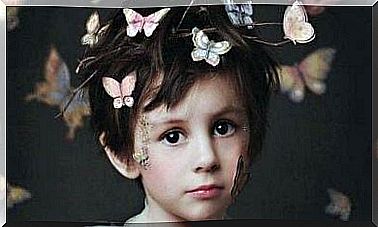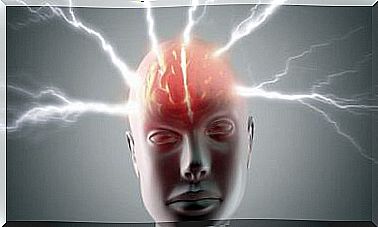The Messages Of Dreams

The world of dreams opens up to us while we sleep.
We go through different states and stages of sleep. First, there is sleep without rapid eye movement (non-REM sleep), which has four phases, progressively deeper than the previous one. Stages III and IV, called slow wave sleep (SWS), are deep sleep.
In phase V of sleep comes the phase of REM sleep (REM: Rapid Eye Movement). It is at this stage that we dream. We normally have four to six periods of REM sleep during the night.
What is dreaming?
Dreaming, of course, is the process of having a dream. Dreams are mental expressions of images, sounds, thoughts and emotions. They are usually symbolically related to the dreamer’s reality.
Dreaming is an involuntary mental process, where emotions related to your actual life appear uncensored. It is also where we reproduce information stored in our memory.
Memories of dreams upon waking may be minimal or very extensive. It has been found that you can dream at any stage of sleep, but you are more likely to remember the dreams you have during REM sleep.

What do dreams tell us?
In psychoanalysis it is very important to analyze the displayed content of dreams. That is, the timeline of events in the dream, the symbols occurring in the dream, as well as the latent content (ie the interpretation of the displayed content and its meaning).
All dreams mean something because they are always associated with emotions and symbols related to our current or past experiences.
Types of Dreams
A common type of dream is the nightmare, which is full of frightening emotions that inspire a similar feeling in us during the next day. They are related to our traumas, our abandonment in our youth, our stress, fears, insecurities, dissatisfaction and problems with our health or relationships.
Another common type of dream is the healing dream. This is a dream therapy known as “lucid” dreaming where you know you are dreaming and you control the dream to try to change your negative emotions.
What do our dreams mean?
There are many hypotheses and explanations about what the symbols that appear in dreams mean. However, they may not necessarily fit the reality of the person dreaming. Because of this , it is really necessary to know the emotions that triggered a particular dream, as well as the person’s current situation, in order to understand the precise meaning of a particular dream.
So, if you want to know the meaning of a dream, you have to pay close attention to the emotions you felt during that dream and then check whether it is repeated or regular. This could indicate that there is something in your head or your life that needs to be worked on or overcome, psychologically.
If the emotions are beautiful and positive, then your dream indicates a way forward, the satisfaction that comes from living the life you want. It can also show desires, wishes, dreams and goals that you want to achieve.
If, on the other hand, the emotions that a dream causes are unpleasant, uncomfortable or painful, the meaning of that dream is very important and revealing because it shows a part of your subconscious that needs to be resolved or overcome, such as traumas, fears, worries etc.

Where do our dreams come from?
Dreams bring up the subconscious, which stores a variety of content from your earliest childhood. You may or may not actively remember things in your subconscious, but they play an important role in your psychology.
That’s why it’s important to know how to interpret your dreams, because they provide very useful information about how we feel in the deepest, most intimate corners of our minds.
After figuring out the meaning of a dream, the next step is to make yourself aware of the emotional congestion and treat it, possibly through psychological therapy, to resolve these negative emotions. In this way, they will eventually appear in your dreams in a different way, either with more pleasant or positive feelings that come from overcoming something, or from completely disappearing from our dream experiences.









